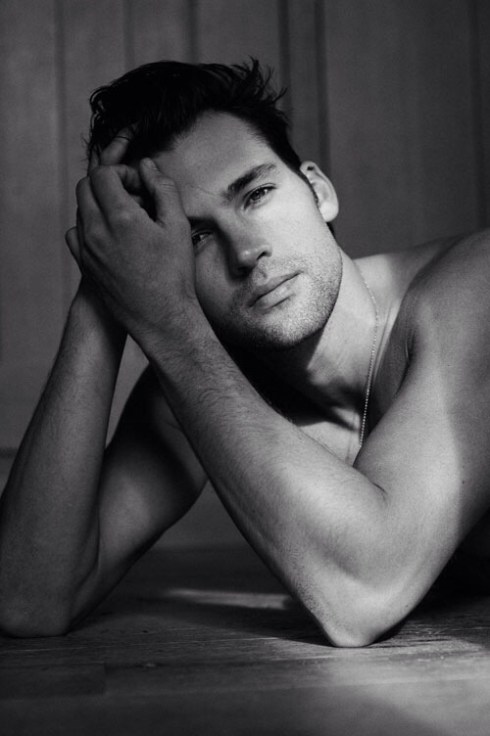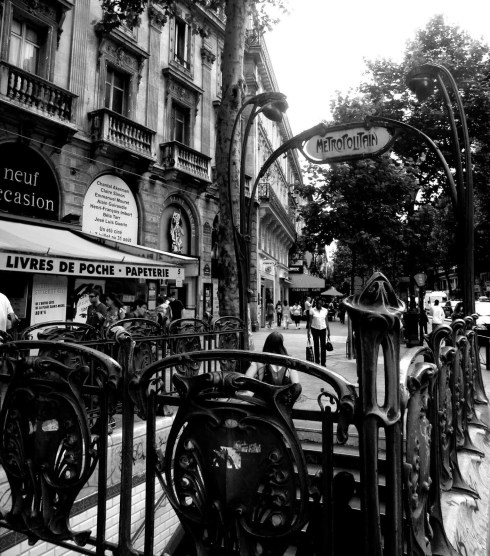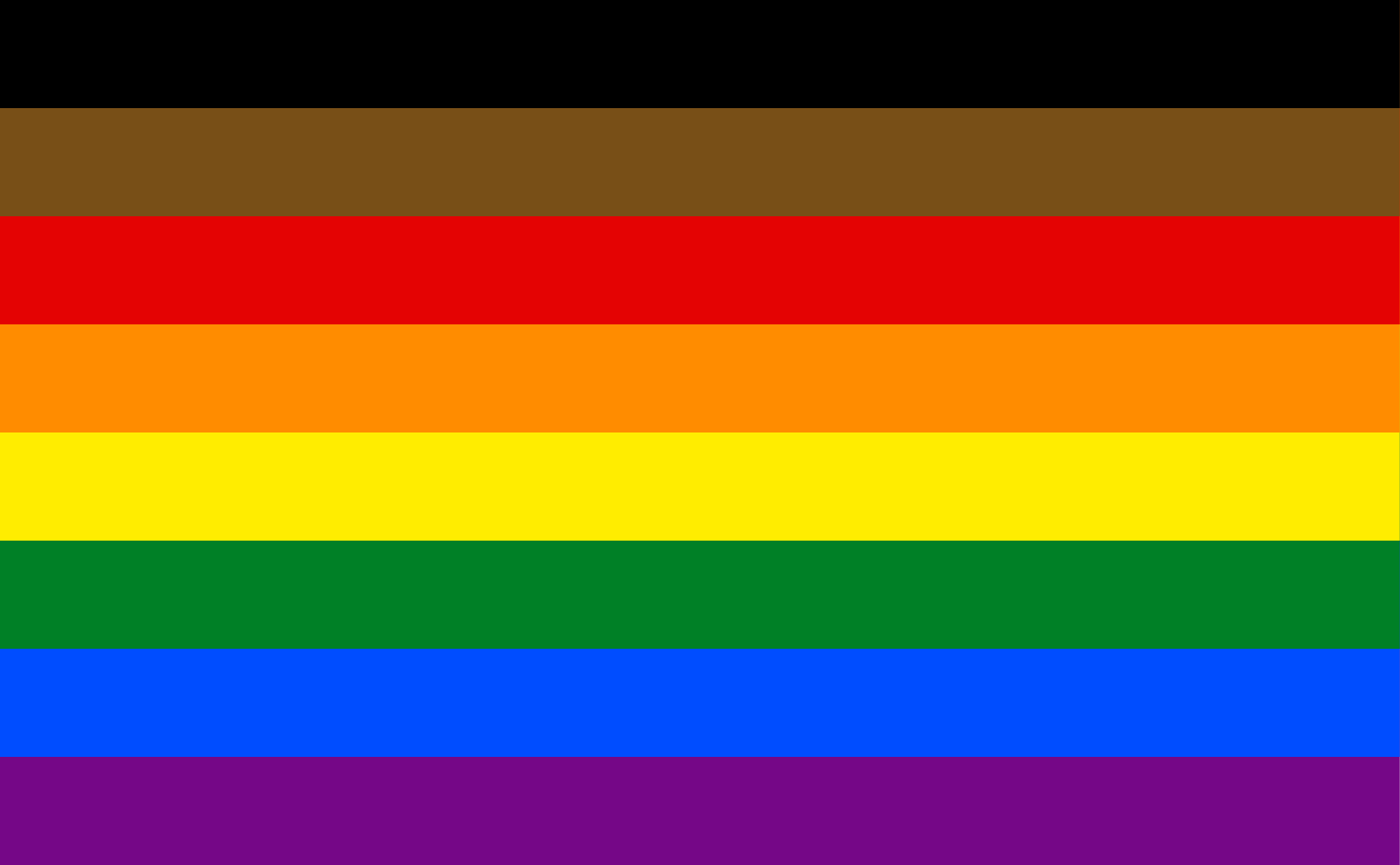Eclecticism: a conceptual approach that does not hold rigidly to a single paradigm or set of assumptions, but instead draws upon multiple theories, styles, or ideas to gain complementary insights into a subject, or applies different theories in particular cases.
I realize that my posts can be a bit eclectic at times. I post a Bible study each Sunday, a poem each Tuesday, and a “moment of zen” picture each Saturday. The rest of my posts can be about anything. I used to post more historically oriented posts, yet there is just so much that I can write about LGBT history without spending way too much time on this blog. After all, I do teach during the day, try to spend time working on my dissertation (maybe one day soon it will be finished), and I have, though limited as it is, a social life. So I wanted to do a post on who I am. At least, who I am intellectually.
I’m a simple history teacher, who also teaches government and English. I received my bachelor’s and master’s degrees in history (the M.A. was in American military history, believe it or not) and am currently working on my PhD in US History. I had minor fields in jurisprudence (undergrad) and gender and American literature for my graduate degrees. I have a wide range of interests. Some of them are things that I love, others are things that I wanted to understand more about myself, which leads me to the main point of this post. Some people mistake me for an English teacher, and others mistake me for a religious scholar. I’m neither. As I said, I’m simply an historian who teaches.
My posts are generally things that interest me, and I am always gratified when it interests others as well. I think that what makes a great teacher is someone who is intellectually curious and wants to share that knowledge. That might sound like I called myself a “great teacher,” I’m not. I constantly work hard to become a better teacher, but I enjoy sharing the knowledge that I have. So why do I write my posts on religion and poetry?
My posts on religion are for my study of the Bible and for those who want to go on that journey with me. I am by no means a religious scholar. I study the Bible to help me be a better person. I share these studies hoping that I will make a difference in this world, however small it may be. I know that some of my readers are not big fans of my religious posts, but I enjoy writing them. Those posts help me to deal with life. Just as hearing a sermon on Sunday morning generates warmth in my heart, so does writing my posts on religion.
As for my poetry posts, I happen to have a personal passion for poetry. I love the melodic structure of poetry and how a poem can resonate a special meaning to different people. For me, poetry is not about the literary analysis that so many people want to associate with poetry. Yes some of it does take a deeper look, just look at the poetry of Ezra Pound, some of which have so few words that each word must be dissected for its meaning. When I read poetry, I look at what it says to me, not necessarily what I am told that it is supposed to mean. Because of my love of poetry, my English students always get more poetry than they ever wanted to learn about. I often even use poetry when teaching history.
I am an eclectic person. I have always believed that a good historian has as much working knowledge of as many subjects as he or she can. Therefore, I always find it hard to find anyone to play a trivia game with me. It’s not that I am incredibly smart, but it’s that I have a wide range of trivia knowledge. It helps me make my lectures interesting, and to be able to answer questions that I get from students by using what I consider informed bullshit. I can generally come up with an answer to most question, but that does not make me an expert. There are really only two things that I would consider myself an expert on. Those two things have to do with topics of my master’s thesis and my PhD dissertation. Other than that, I am constantly adding to my repertoire of knowledge.
Anyway, that’s me, at least, the intellectual side. I don’t want to give anyone the impression that I am an expert on anything I post. I think that I am credible because I do my research on my posts, but I hate for anyone to think that I provide “the” answer for anything.
Oh, and I didn’t address my other regular feature, my “moments of zen.” Those posts are eye candy to wind down the week. Thank you all for reading my blog. I will continue to endeavor to provide you with quality posts each day.
P.S. I hope that this is not just a totally narcissistic post.















